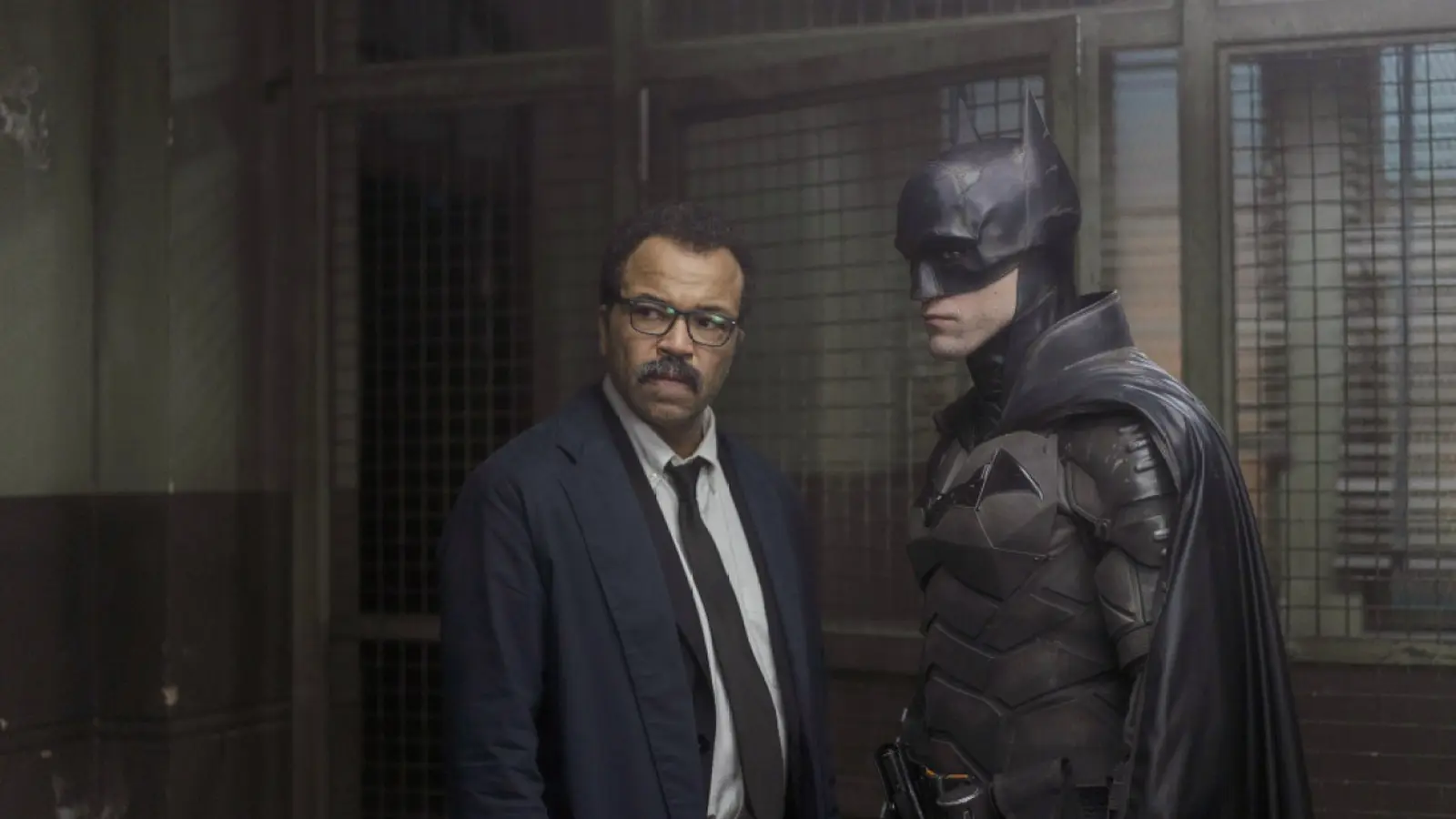4 Minutes
Jeffrey Wright Answers Critics: A Bold Defense of Commissioner Gordon
Jeffrey Wright, who won attention for his commanding turn as Commissioner James Gordon in Matt Reeves’ The Batman, has publicly rebuked critics who argued a Black actor shouldn’t lead Gotham’s police force. In a recent Collider interview, Wright dismissed the complaints as racist and illogical, arguing that storytelling — especially for an enduring property like Batman — must evolve with society.
Why the Reaction Fueled the Conversation
The uproar was fueled by a faction of fans who insisted that canonical characters remain visually frozen in the era when comic books first appeared. Wright pushed back hard, reminding audiences that the Batman mythos was created by Bob Kane and Bill Finger — two Jewish men from the Bronx — and that their original vision was open-ended enough to invite reinterpretation. He described the pushback as “f—ing racist and stupid,” saying it reveals a refusal to accept cultural change.
Context: Why Recasting Familiar Roles Is Not New
Diverse or color-conscious casting has been a growing trend across Hollywood. From Marvel’s reimagining of characters to stage productions that embrace race-blind casting, studios are increasingly reflecting contemporary demographics. Wright’s Gordon joins a lineage of reinterpretations — think of Gary Oldman’s morally grounded Gordon in Christopher Nolan’s Dark Knight trilogy, and J.K. Simmons’ take in the DCEU — each performance shaped by its director’s tone and the era’s sensibilities.
Comparisons with Past Bat-Films and TV Adaptations
Wright’s Gordon feels different because Reeves’ Gotham is grittier and more noir-driven than many previous iterations. Where Oldman’s Gordon was a steady ally to a mature Bruce Wayne, Wright’s is layered into a darker, rain-soaked cityscape, echoing the mood of recent prestige television and cinematic noir. This variety demonstrates the Batman franchise’s strength: it survives because creators reinvent it.
Behind the Scenes and Franchise Outlook
Wright is set to reprise the role in The Batman: Part II, a sequel that has seen delays but reportedly now has a finished script and a release date of October 1, 2027. DC Studios co-head James Gunn has urged patience, noting that auteur-driven projects require time to develop. Matt Reeves’ distinctive approach — focused on mood, detective work, and character psychology — is precisely why many fans respond so strongly to his Gotham.
Industry and Cultural Impact
Beyond a single casting choice, the debate around Wright’s Gordon highlights larger questions about representation, legacy franchises, and fan entitlement. Casting a person of color in traditionally white roles unsettles some, but it also expands the stories these franchises can tell. As Wright noted, Batman’s creators left the myth flexible; that flexibility is what allows the character to remain relevant across generations.
Expert Perspective
"Casting updates like Jeffrey Wright’s Gordon are less about rewriting history and more about widening the lens through which we view it," says cinema historian Maya Torres. "These choices create new dramatic possibilities and invite broader audiences into the narrative without erasing past versions."
Conclusion: What Wright’s Defense Means for Fans and Filmmakers
Jeffrey Wright’s blunt rebuttal to his detractors is as much a defense of artistic evolution as it is of his own work. Whether you prefer a classic or a contemporary Gotham, the variety of interpretations is what keeps Batman culturally alive. For filmmakers, Wright’s stance is a reminder that confident casting choices — even when controversial — can expand a franchise’s emotional and cultural reach. For audiences, it’s an invitation to see familiar stories through refreshed perspectives rather than policing authenticity based on outmoded expectations.
Source: variety


Leave a Comment